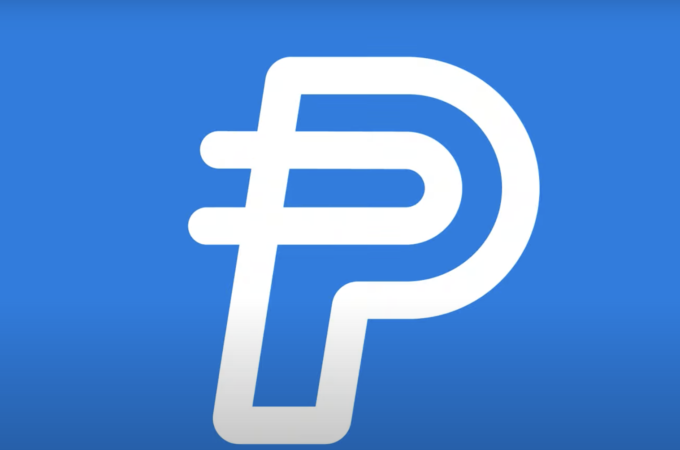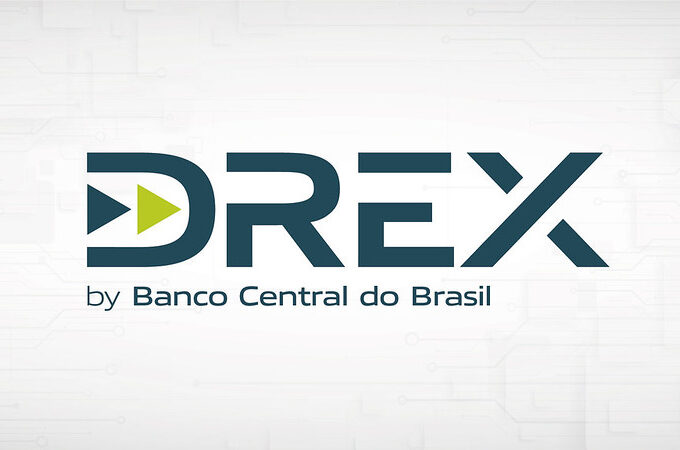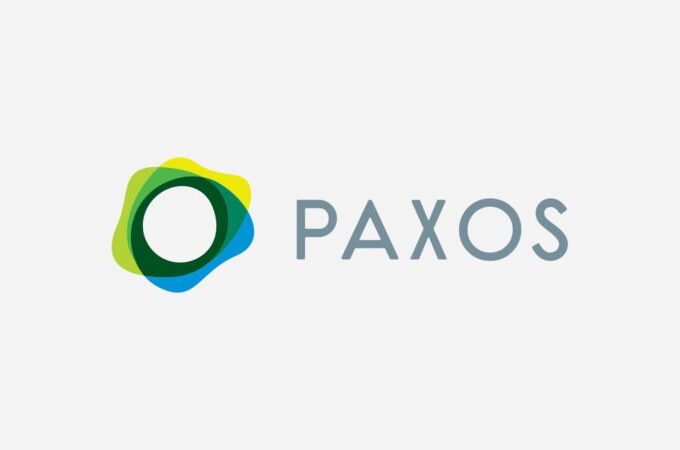
Venezuela Blocks Binance Amid Post-Election Censorship Wave
In the wake of a disputed presidential election, Venezuela has implemented a series of internet restrictions that have affected major online platforms, including the world’s largest cryptocurrency exchange, Binance. This move comes as part of a broader crackdown on digital services following allegations of electoral fraud in the July 28 presidential vote.
On August 9, local anti-censorship organization VE sin Filtro reported detecting a DNS block on Binance, impacting both its website and mobile application. Binance acknowledged the issue in a statement on X (formerly Twitter), confirming that its pages were “facing access restrictions” in Venezuela, along with several other company websites across different sectors.
The cryptocurrency exchange assured its users that their funds remain secure, emphasizing the safety of assets under their “SAFU” (Secure Asset Fund for Users) protocols. Binance also stated that they are closely monitoring the situation to address it “in the best and quickest way possible.”
This censorship extends beyond Binance, affecting various online services. President Nicolas Maduro ordered a 10-day ban on access to X on August 8, following a public disagreement with platform owner Elon Musk. Other affected platforms reportedly include the encrypted messaging app Signal and e-commerce site MercadoLibre.
The restrictions come amid political turmoil, with both Maduro and opposition candidate Edmundo González claiming victory in the recent election. The government-controlled electoral authority declared Maduro the winner with just over 51% of the vote, while González asserts he won nearly 70% based on voting machine printouts collected by his party.
The blockade on Binance is particularly significant for Venezuelans, many of whom rely on the platform’s peer-to-peer service to exchange the highly inflated bolívar for more stable cryptocurrencies. This service has become a crucial financial tool in a country grappling with severe economic challenges.
As the situation unfolds, concerns are growing about the impact of these restrictions on freedom of information and financial access in Venezuela. The international community, including the United States, European Union, and several South American countries, has not recognized Maduro’s claim to the presidency and has called for detailed vote counts.





